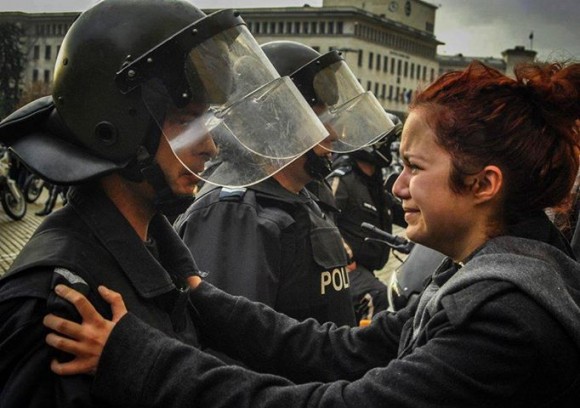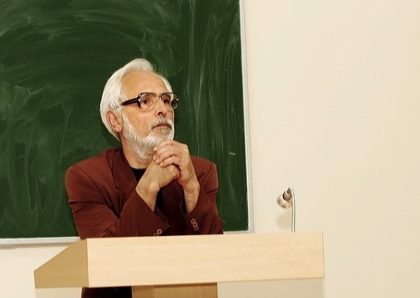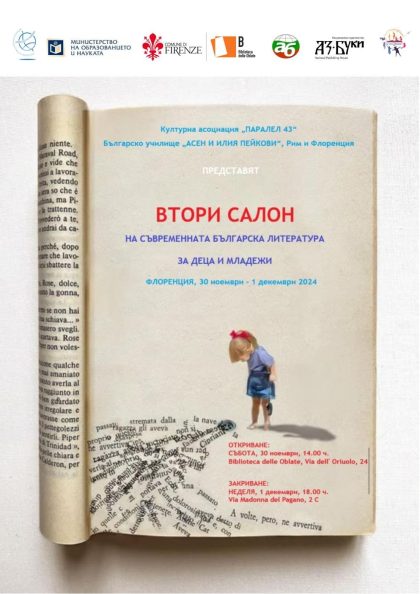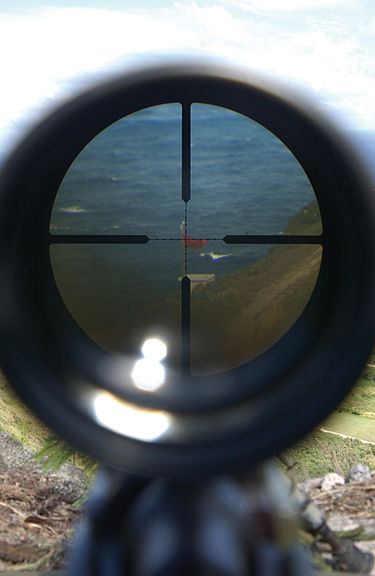Bulgaria’s ruling Socialists vowed on Wednesday to stay in power to pursue reforms despite continued street protests and accused their centre-right rivals of using soccer hooligans to foment anti-government violence.
Hundreds of students tried to blockade parliament on Tuesday, the latest incident in months-long protests aimed at forcing the resignation of Prime Minister Plamen Oresharski’s government, which they accuse of corruption.
A peaceful rally turned violent late on Tuesday when some protesters hurled bottles at heavily clad riot police and tried to break through metal fences around the parliament building.
Police arrested 23 people for “hooliganism” and detained a further 25 on Wednesday in a special early morning operation. About 200 students resumed their peaceful protest later on Wednesday outside the heavily guarded parliament, waving national flags and chanting “Resign” and “Mafia”.
Bulgaria’s Socialist leader Sergei Stanishev accused the main opposition GERB party of masterminding Tuesday’s clashes. “Soccer hooligans were organised to show up in front of the parliament with the obvious aim of attacking it and taking it over,” Stanishev told parliament. “The GERB leadership is behind all that.” “We are supporting the government not because we need to stay in power per se, but because the country needs change and a return to normality.”
GERB supports the student protests but denies trying to manipulate them.
The protest leaders say they are opposed to Bulgaria’s entire post-communist political elite, regardless of party, saying it is in hock to shadowy business interests that discourage foreign investment and help to keep living standards in the European Union’s poorest member state low.
In power since May, the Socialists and their junior coalition partner, the ethnic Turkish MRF, lack a majority in the assembly and require the unofficial support of a small nationalist party to push through legislation. GERB, whose government resigned in February after mass protests over high utility bills, won most votes in the May national election but lacked allies to build a coalition.
An opinion poll by independent Alpha Research showed 60 percent of Bulgarians support the student protests and most political analysts say Oresharski’s government is unlikely to serve its full four-year term.
In Bulgaria’s northern neighbour Romania, around 500 high-school and university students also rallied on Wednesday to demand higher education spending from the leftist government in 2014. (Reuters)







